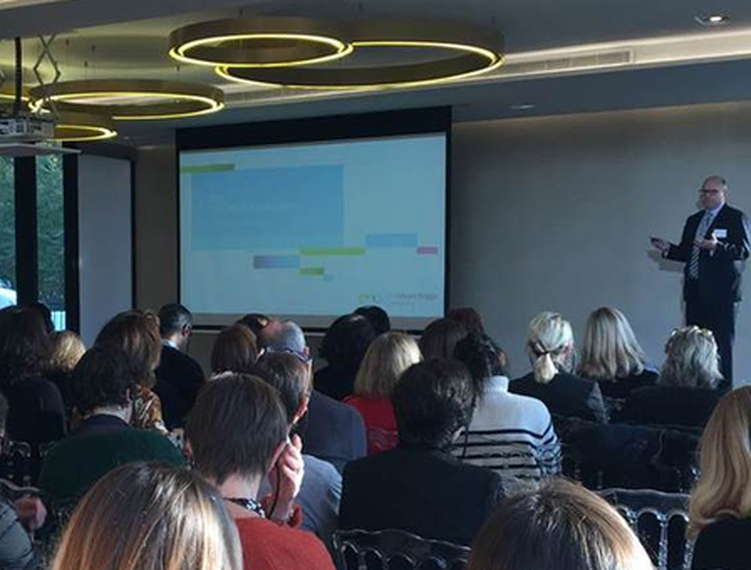Businesses must consider purpose for an engaged workforce, says The Myers-Briggs Company

Recently, top CEOs launched a call to action to businesses, policymakers, and civil society organisations, stating the need to work together to ensure businesses provide value to society through a strong purpose and ethical foundation.
Together, we are calling to Businesses, Policymakers, and Civil Society Organisations to join forces in action: |
| TO INNOVATE BUSINESS MODELS AND ACCELERATE TRANSFORMATION to drive global and local competitiveness by tackling climate change and enhancing social inclusion through an overarching Sustainable Europe 2030 Strategy. |
| TO ENGAGE IN A CRITICAL BUT TRUST-BUILDING DIALOGUE at local, national and international level, to tackle the challenges and unlock the opportunities. |
| TO CREATE COLLABORATIVE PLATFORMS AND FINANCE MODELS for more innovation towards the implementation of a more sustainable and circular economic model. |
| TO TRANSITION TOWARDS SUSTAINABLE PRODUCTION AND CONSUMPTION PATTERNS by engaging the entire value chain – balancing economy, ecology and societal needs in order to maximize value creation to society. |
| TO STIMULATE AND PROMOTE STRONG EDUCATION AT ALL STAGES OF LIFE to foster lifelong employability and social cohesion, building up prosperous communities. |
| TO INCREASE SOCIETAL PARTICIPATION AND CIVIC ENGAGEMENT also connecting and leveraging the younger generations’ sense of urgency and innovation to a wider sustainability movement. |
| TO SPEARHEAD SHARED STANDARDS, policy coherence and meaningful transparency to obtain a sustainable level playing field. |
While some organisations focus on efficiency and financial performance, others are starting to show a shift in priorities and being a responsible business has become paramount.
To compound this, in August a coalition of major US companies came together to agree on a new definition of the purpose of a corporation, where companies must invest in their employees, deliver value to their customers and deal fairly and ethically with their suppliers – not simply advance the interests of shareholders.
This desire to change the operating structure of capitalism is just one of the driving forces behind many businesses’ decision to join the B Corp™ movement in the United Kingdom and internationally – which proved a topic of discussion at the Employee Engagement Roundtable hosted by The Myers-Briggs Company, one of the world’s largest business psychology providers.
A Certified B Corporation®, or B Corp, is a company that has received accreditation from B Lab, certifying that they balance purpose with profit. In order to become a B Corp, businesses are required to demonstrate that they consider the impact of their decisions on all stakeholders; their workers, customers, suppliers, community, and the environment. The assessment procedure, which measures the applicants’ performance within these five areas, is rigorous. Most businesses that take the test for the first-time score around 50/200 – much below the 80 points required for accreditation.
These values are evidently striking a chord here; there have been twenty-six new UK B Corp certifications in the past ninety days.
For Will Cleare, Head of HR for Europe at The Myers-Briggs Company, which recently celebrated its first anniversary of becoming a B Corp, even the assessment phase was empowering in itself:
“It allowed our employees to reflect on all the positive things the company does,” he explained. “Defining the organisation’s purpose as a team was a great way for us to engage with our staff, and while it’s relatively easy for a company to narrate its purpose, matching that with each individual’s purpose is vital for employee engagement.”
Will continued, “The rise in purpose-driven businesses is a sign that engagement is no longer just a buzzword. Fifteen years ago, employee engagement consisted of having an annual survey, then seeing if the results could be improved upon the following year. Now engagement has become much more transformative and integrated. It is safe to say that a groundswell is in motion. Business’ current relentless focus on profit isn’t beneficial for the future of the planet, and reconsidering business purpose is an important first step towards both a happier workforce and a happier world.”











Responses